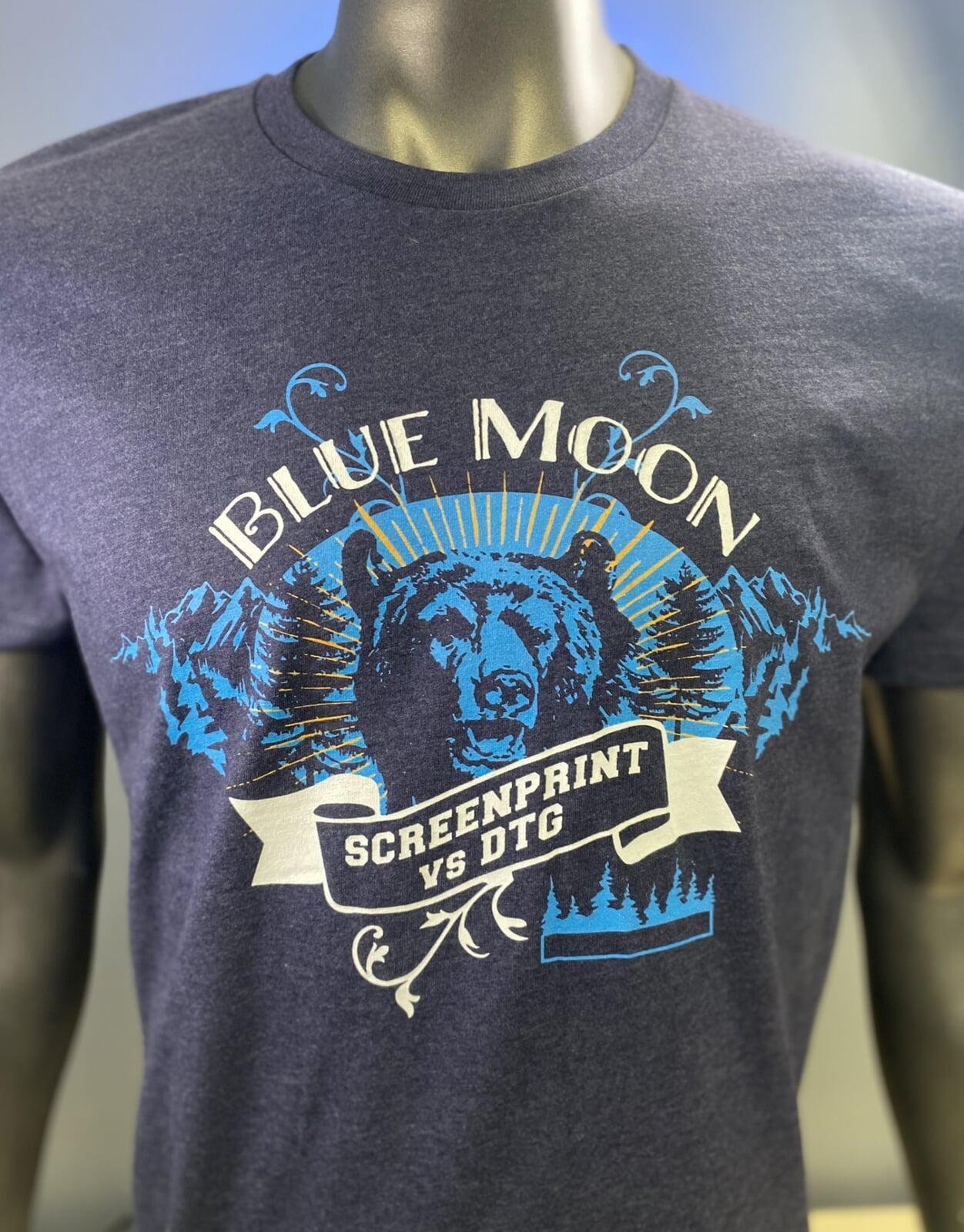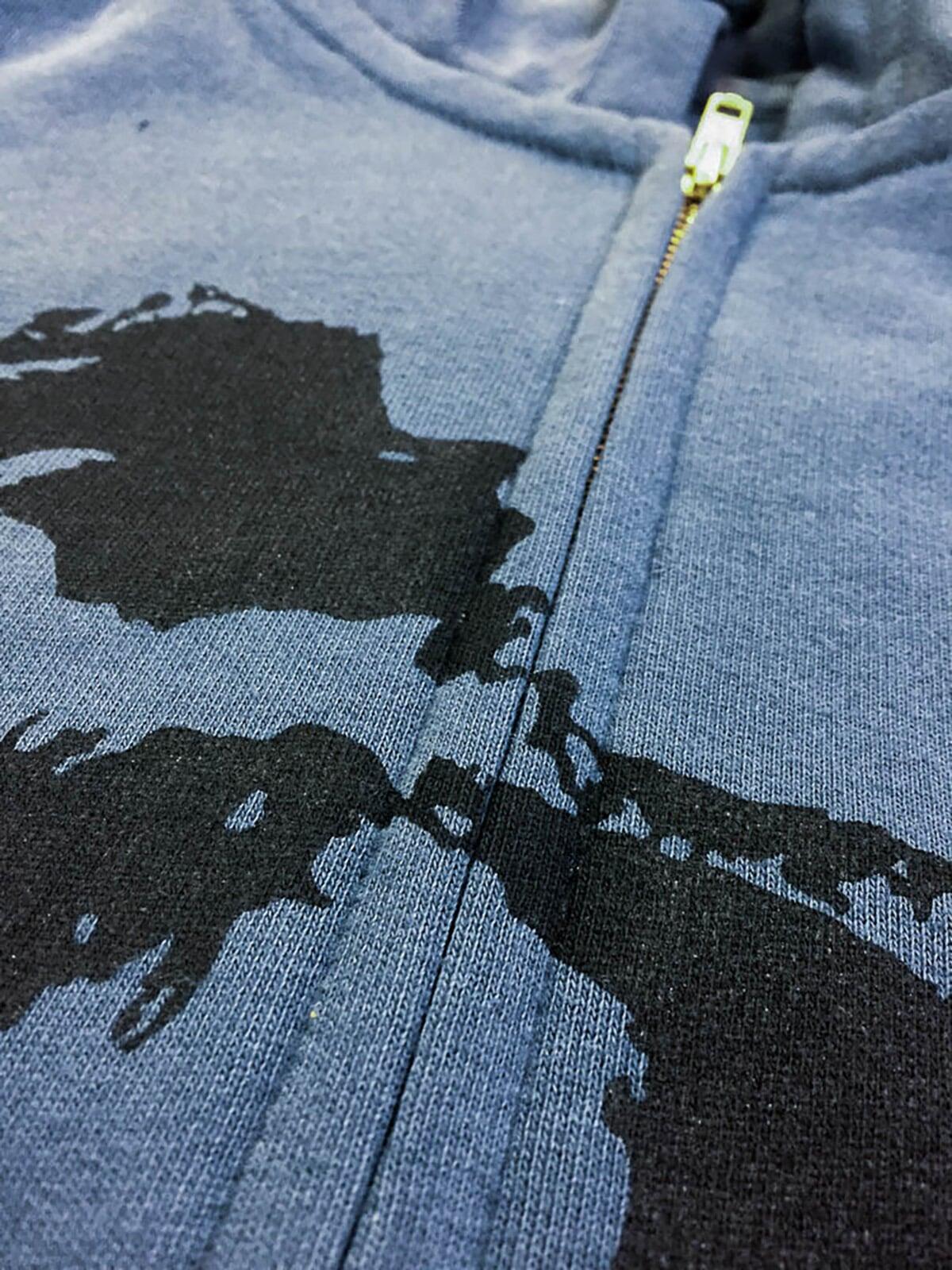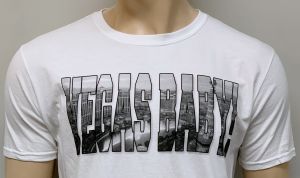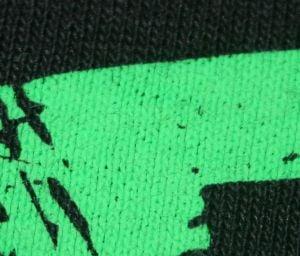Simulated process printing reproduces photo images on dark garments with full color and detail—perfect for complex, high-end artwork.
Articles
Learn how underbase printing improves vibrancy, consistency, and quality—especially on dark garments.
Why DTG should be your go-to solution for the small jobs that lead to bigger opportunities.
Increase your margins by adding over the seam prints to the design. Add $0.50 or more to you profit per shirt.
Use Halftones to Increase the perceived value of the decoration.
Is the standard printing method used by the garment screenprinting industry. It uses polymer based inks that harden into solids when heated to 300 degrees. They are designed to sit on top of the garment and in some cases the deposit can be pretty thick (or as we affectionately call it . . . bulletpr...
Discharge is a process where the garment dye is bleached out and replaced with colored ink of our choice. It provides a soft to the touch prints that are embedded into the fabric rather than sitting on top of it like plastisol.
Discharge inks can be used to create smooth underbases for complex proces...
While traditional foil is done using Metallic Silver and Gold, it can be done in many different colors. The examples below show a holographic pattern and a black foil on a black shirt (she reflection was the only way to capture the image. It is not as shiny in real life).
For a list of colors availab...











